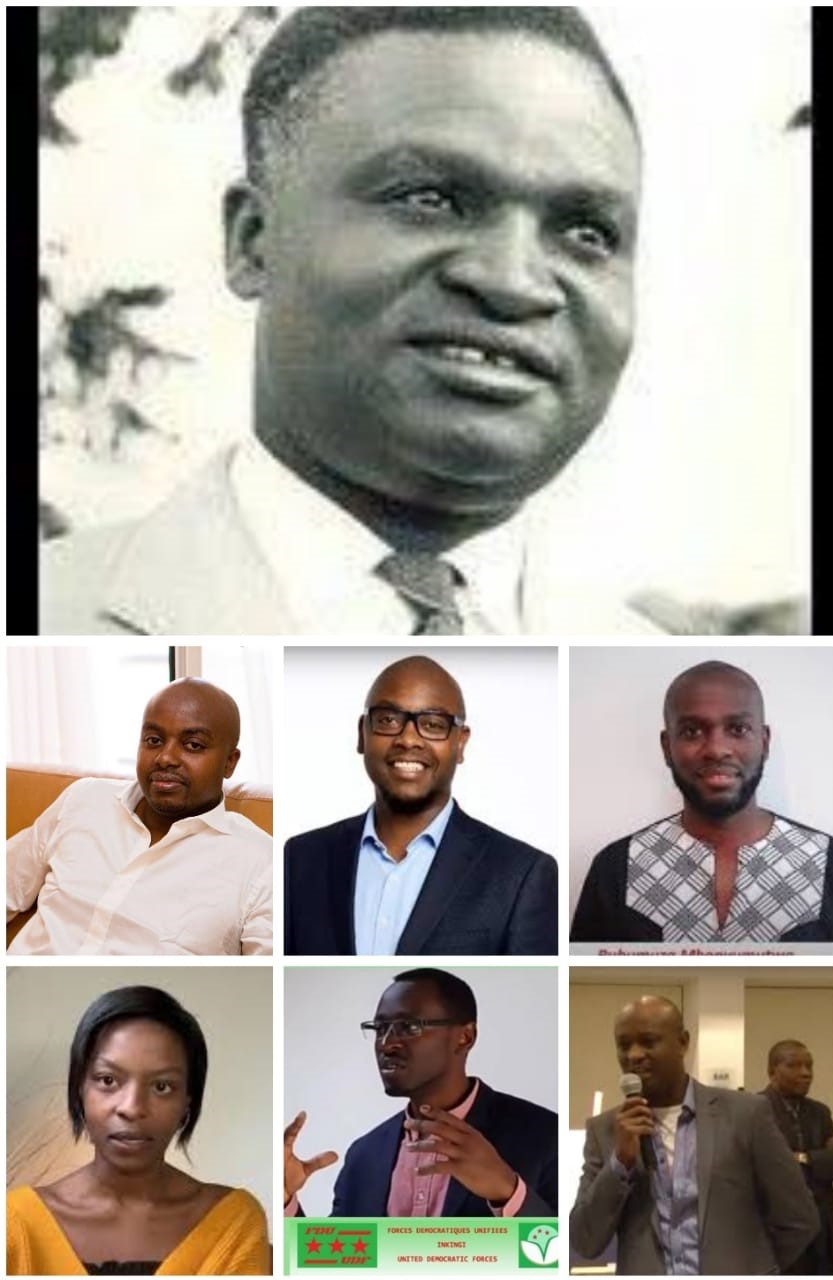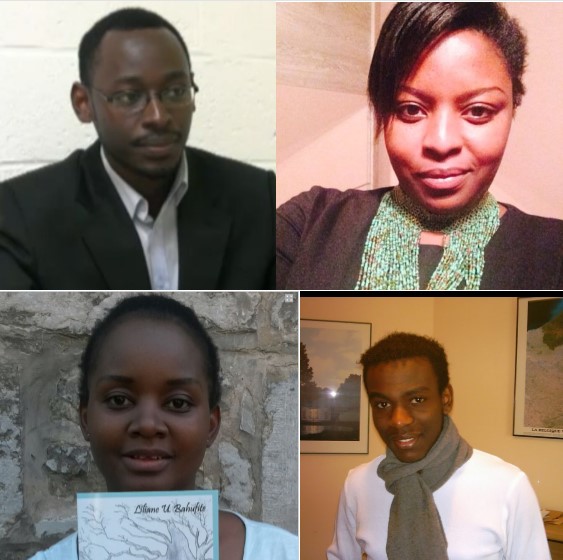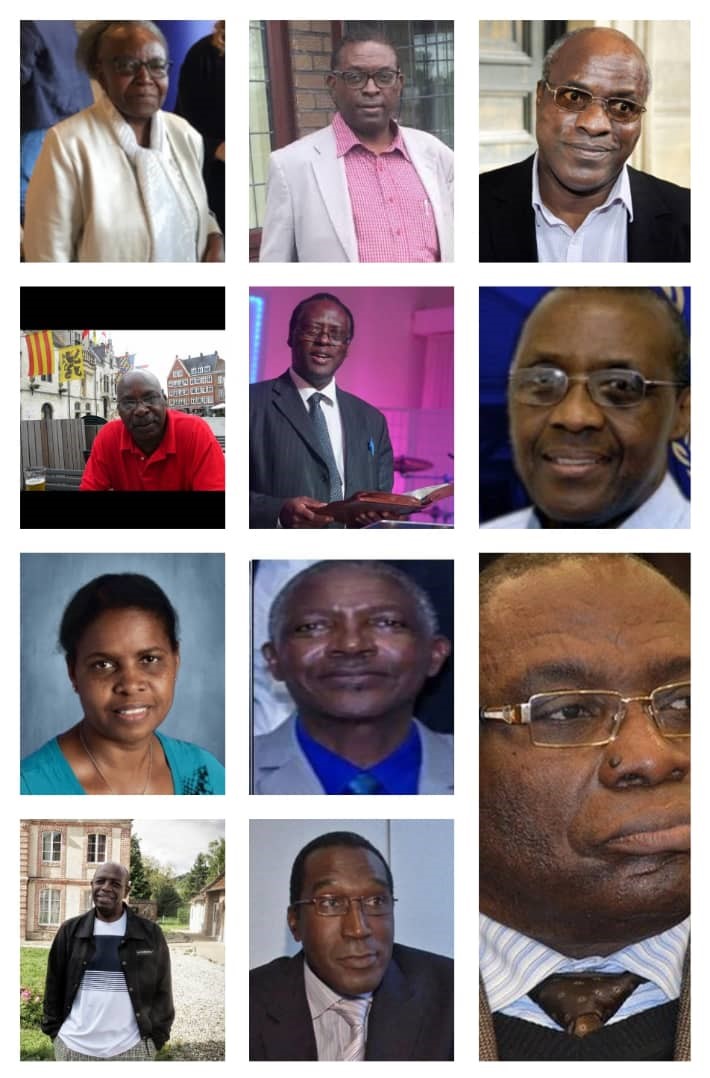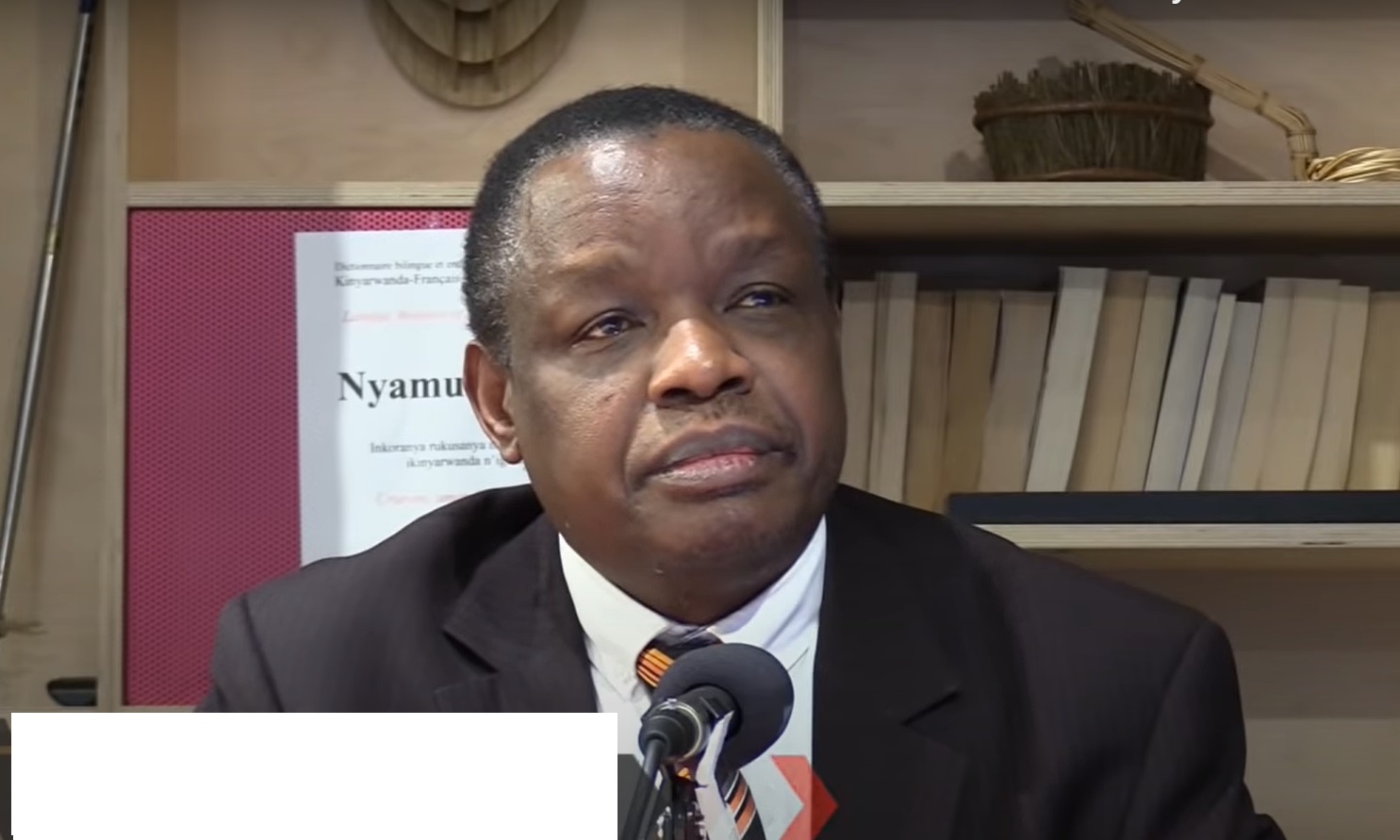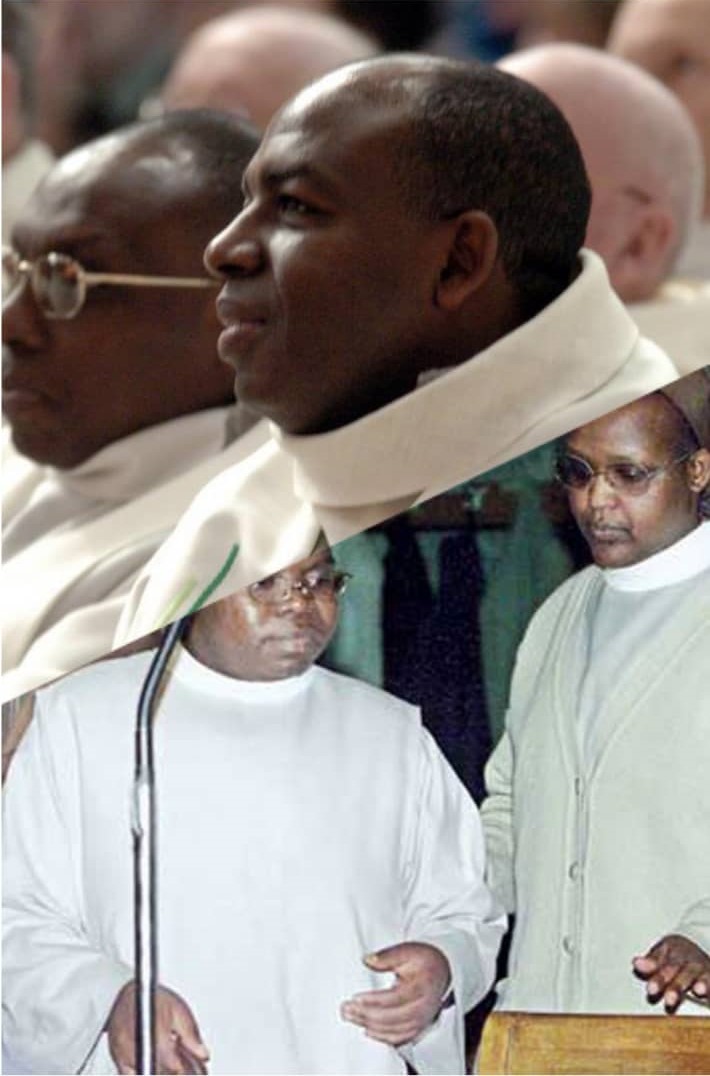Regional
FDLR still winning big favours from Tshisekedi
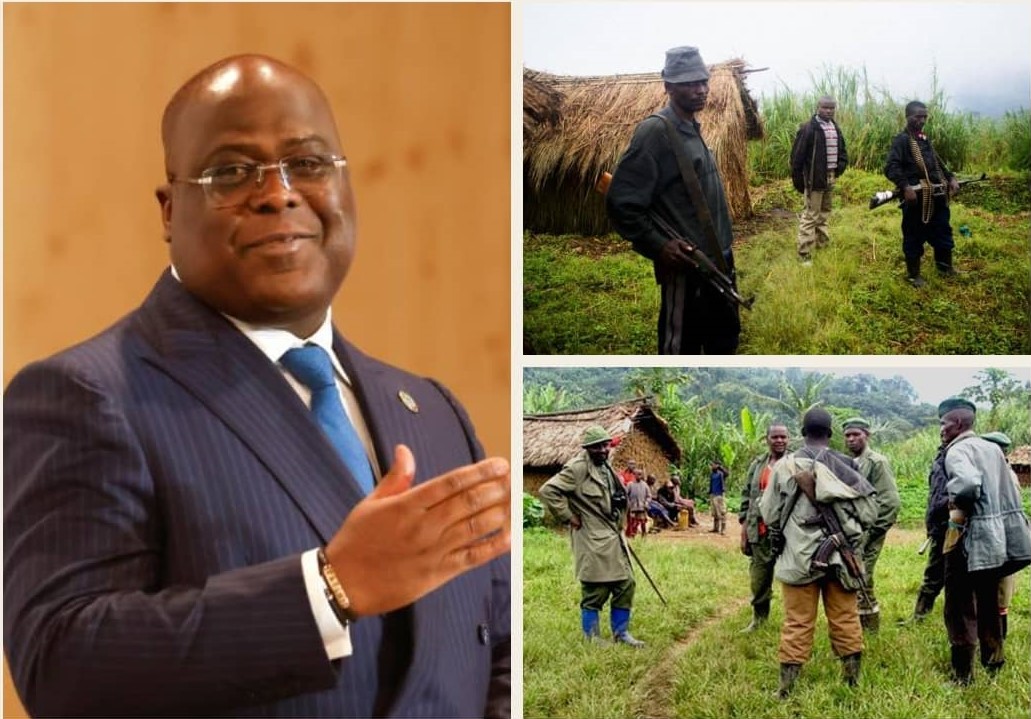
At
the beginning of April 2023, DRC President Felix Tshisekedi pardoned about 25
prisoners, among them a member of the FDLR terrorist group.
The released prisoners are among the 1,518
held at Angenga military prison.
The
released FDLR member as reported by Radio Okapi was not sent to Rwanda but let
free inside DRC. The FDLR was formed in 2000, by remnants of the perpetrators
of the 1994 genocide against the Tutsi in Rwanda. Its main agenda is driven by
a genocide ideology inherited from the regime that masterminded the massacre of
more than one million Rwandan Tutsi people, in 100 days, in 1994.
The
release of any FDLR fighter, whether one or many, remains a sign of protection
the genocidal militia and aims at using it in the future.
But
what does the release of one FDLR member from Angenga military prison imply?
Heads
of State often issue pardons or commutations of sentences for prisoners for
various reasons, including political gain or for humanitarian reasons.
From
a political standpoint, issuing such pardons can help a president gain
popularity and support from various groups of people, such as those who
advocate for criminal justice reform or those who feel sympathetic towards
prisoners.
It’s
clear that the FDLR commands political influence in DRC and Tshisekedi knows
that. He has limited chances of winning the 2023 elections and is suddenly
resorting to using FDLR to win his political scores.
Kinshasa
politicians have for long issued statements praising or sanitizing the
terrorist FDLR group.
A
case in point is, Deputy Prime Minister, Christophe Lutundula, who in December
2022 denied the existence of FDLR in DRC. He was addressing the UN Security
Council.
His
statement was later followed by the DRC government spokesperson Patrick Muyaya
who referred to FDLR as ‘a movement’ yet he knew very well that it is a
terrorist group.
Worse
still, recently, during a joint press
conference held with the President of Switzerland on April 13, in Kinshasa, President
Tshisekedi sanitized the genocidal militia.
“The pretext that
FARDC supports FDLR is a fallacy. The FDLR is a residual force that is only
dangerous to DRC, they no longer pose a threat to Rwanda and have no political
claims against Rwanda,” he said.
DRC’s
main opposition figure, Martin Fayulu, who won the 2018 elections after
campaigning on claims of demonising Rwanda but votes were later overturned to
favour Tshisekedi, also speaks highly of FDLR.
Fayulu
believes that Rwanda should hold talks with the terror group. Tshisekedi believes that he must play
within the same parameters if he is to stay in power. But he is taking a long
risk.
It's
important to note that pardons and commutations are complex legal processes
that can have significant implications for both the prisoner and society as a whole.
These decisions should be made carefully and thoughtfully, taking into account
all of the relevant factors and considering the potential consequences.
Besides
being composed of the remnants of perpetrators of the 1994 Genocide against the
Tutsi, the FDLR has been accused of committing a range of human rights abuses,
including massacres, rapes, and forced labor. The group is also involved in the
illegal exploitation of natural resources in eastern DRC, which has helped to
finance its activities.
Clearly,
for Tshisekedi to bank on the FDLR is to sink DRC in a much deeper hole.
The
FDLR has been designated as a terrorist organization by the United States and
is considered a threat to both Rwanda and the DRC. The group has launched
attacks on Rwandan territory in the past, and there are concerns that it could
continue to do so in the future.
For
Tshisekedi to bed FDLR as his leverage to stay in power implies that he has no
intention of ever making peace with Rwanda.
In
addition, the FDLR's presence in the DRC has contributed to instability in the
region, as other armed groups have emerged to challenge its dominance. The
group's involvement in the illegal exploitation of natural resources has also
contributed to the ongoing conflict in the region.
Efforts
to address the threat posed by the FDLR have included military operations by
the Congolese army and Rwanda, as well as diplomatic efforts to encourage the
group to disarm and reintegrate into Rwandan society.
Yet,
Tshisekedi turned all this down and now finds solace in the same terrorist
group that both countries once wanted to rout out.
However
slow the progress to eliminate FDLR may be, eastern DRC will not have peace
when FDLR is still operational there.
The
FDLR remains a significant security concern for both Rwanda, the DRC, and the
entire region.


.jpeg-20221214055432000000.jpeg)
